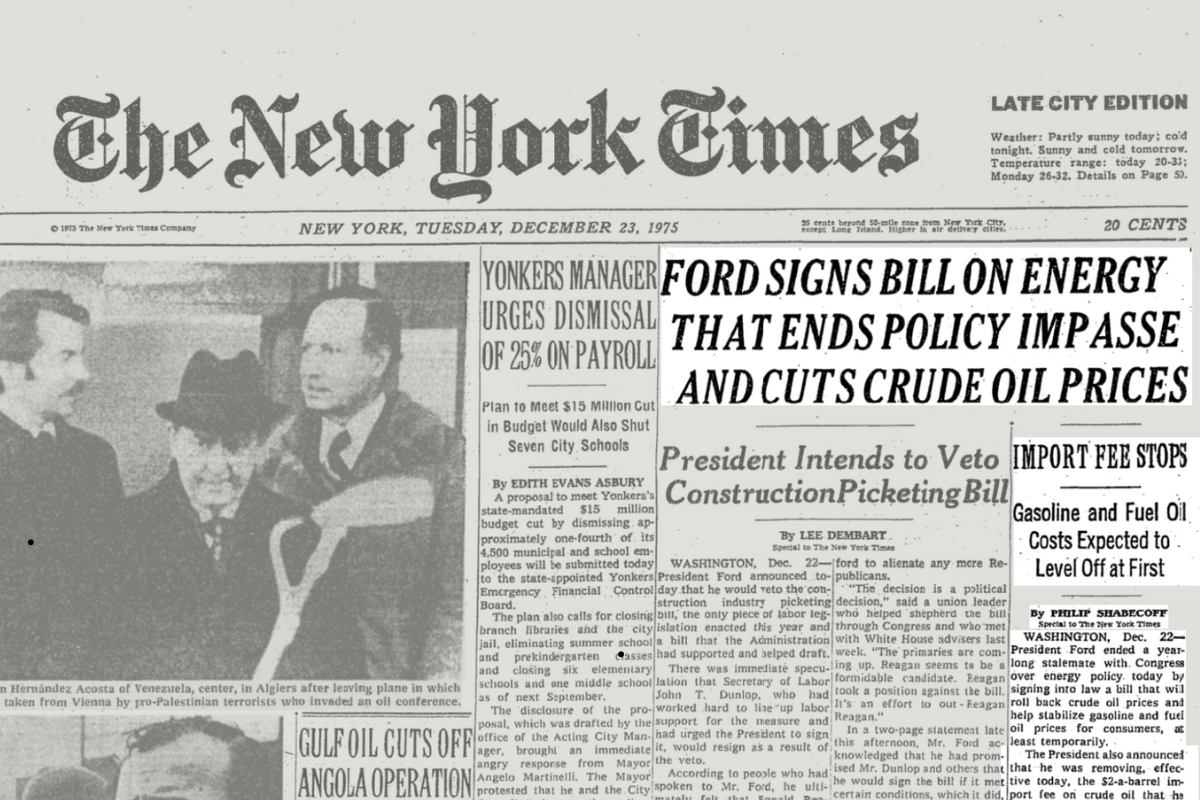Fletcher v. Peck (1810)
The Contracts Clause, found in Article I, Section 10 of the Constitution, prohibits states from “impairing the Obligations of Contracts.” It was intended as a limitation on state power that took more definite shape in Fletcher v. Peck (1810) and subsequent cases such as Trustees of Dartmouth College v. Woodward (1819). Fletcher v. Peck was the first Supreme Court case to involve the Contracts Clause and the first case in which the U.S. Supreme Court struck down a state law. In the early nineteenth century, it was clear that the Contracts Clause covered private contracts, legal agreements between private individuals. States were prohibited by the clause from cancelling private contracts. What was in doubt before Fletcher v. Peck was the application of the Contracts Clause to public contracts, agreements between private individuals and state governments.
There are two significant things at stake in Fletcher v. Peck. One involves the integrity of contracts, and the other involves federalism. The second issue was politically salient in the early nineteenth century because the disputes between the Federalists and Anti-Federalists did not end with ratification of the Constitution. They continued to divide American politics for the foreseeable future. The Anti-Federalists feared that over time the national government would usurp power from the states and grow in relative power to the point that states would be powerless to protect either their citizens or their governments from national tyranny.
James Madison tried to allay the fears of the Anti-Federalists in Federalist 45 and 46. In the former, he stated that the powers given to the national government by the Constitution are “few and defined,” while those reserved to the states were “numerous and indefinite.” In Federalist 46, he assured his readers that federal encroachments on state power would unite the states to resist even to the point of civil war. The outcome would not be in doubt; the states would easily resist national usurpation of state power. One thing is clear from early experience with the Constitution; power would not remain fixed as Madison seemed to suggest. It would evolve with each dispute between the national government and the states, and the Supreme Court would play a central role in the evolution of power.
Before McCulloch v. Maryland (1819) and Gibbons v. Ogden (1824), Fletcher v. Peck was an early opportunity in the development of American constitutional politics to test the Anti-Federalist’s thesis and Madison’s general assumptions about the relative power of the national government and the states. The Anti-Federalist writer Brutus was adamant about the likely use of judicial power to gradually shift power from the states to the federal government. In the early nineteenth century, it remained to be seen if the federal courts would use judicial review to enlarge the power of the national government and/or to weaken the states, as Brutus predicted.
The facts surrounding Fletcher v. Peck include political corruption by members of the Georgia legislature who took bribes in exchange for passing a 1795 law that established land grants to four companies that sold the land—roughly thirty-five million acres that included land occupied by Native Tribes—at values well beyond the purchase price, in some cases for profits in excess of five hundred percent. When the corruption was revealed, Georgia voters threw the corrupt legislators out of office. The new legislators passed the Repeal Act of 1796 nullifying the original land grant law and ordering it to be burned in public. As years passed, land that was part of the original land grant was bought and sold, in many cases by unsuspecting buyers and sellers.
John Peck, a Massachusetts resident, purchased land in 1800 that was part of the original Georgia land grant and in 1803 he sold it to Robert Fletcher, a resident of New Hampshire. Both Peck and Fletcher were land speculators. The case is most immediately about the legal integrity of the contract between Peck and Fletcher. In other words, Did Peck have the legal right to sell Fletcher the land that was part of the corrupt actions of the Georgia Legislature? If the Repeal Act of 1796 was valid, then Peck did not have legal title to the land that he sold to Fletcher and he was in breach of contract as Fletcher argued. Fletcher made this very argument to the Supreme Court through his attorney, the Anti-Federalist Luther Martin. Peck was represented by Joseph Story, who later became a Supreme Court Justice.
In deciding the legal dispute, the corruption of the state legislature was not in doubt. It was clear that the original legislation was the result of widespread political corruption. What, if anything, the U.S. Supreme Court could do about the corruption or the contract between Peck and Fletcher was debatable. The U.S. Congress, to no avail, spent years trying to pass legislation to compensate individuals who had been injured by the actions of the Georgia Legislature. In an earlier case, Chisholm v. Georgia (1793), the Court ruled that states could be sued by citizens of other states. States responded by ratifying the Eleventh Amendment that recognized states’ immunity from lawsuits initiated by citizens outside their state. Yet, Fletcher v. Peck was a legal dispute between two private individuals, not a suit between a private individual and a state. It was not affected by the Eleventh Amendment.
Most of the Constitution creates, organizes, and limits the powers of the national government. In very few instances, especially before the Fourteenth Amendment, the Constitution limits state power. The Contracts Clause is one of those instances when the national Constitution limits state power; it was a reasonable place for Chief Justice John Marshall and the Court to look for a remedy to the legal dispute between Fletcher and Peck presuming that the U.S. Supreme Court had the power to strike down state laws.
The case came to the Supreme Court on appeal from a federal circuit court that ruled in favor of Peck. Fletcher then appealed to the Supreme Court.
Chief Justice Marshall had the reputation as a nationalist, a term fraught with confusion because of its variegated historical texture. If the Jeffersonian-Republicans feared that Marshall would tip the Court in favor of national power, Fletcher v. Peck validated their suspicions. Marshall wrote for the Court in favor of Peck arguing that the Georgia Legislature violated the Contract Clause when it rescinded the 1795 land grant law, thus, invalidating countless contracts that would have to be undone as a consequence of the new law. The Court ruled that the Repeal Act of 1796 was unconstitutional.
In justifying the Court’s ruling, Marshall asked if the Georgia Legislature had the power to both rescind prior legislation and annul conveyances (transfers of property) between individuals. In regard to typical legislation, it is the legislature’s prerogative to rescind legislation passed by previous legislatures. There are, however, exceptions to this general rule. One of those exceptions pertains to laws that create contractual obligations. When the corrupt Georgia Legislature passed the original land grant law, it created a contract and it put in motion the buying and selling of land that could not be reversed once legally consummated, regardless of the original motive for passing the law. Article I, Section 10 of the Constitution requires that states uphold the integrity of contracts including, Marshall argued, the one between Fletcher and Peck. Marshall concluded that if the Georgia Legislature was permitted to repeal the original contract, “All titles would be insecure, and the intercourse between man and man would be very seriously obstructed, if this principle be overturned.” Consequently, acts performed under the original law cannot be nullified by new law.
The corruption of the Georgia Legislature was not a legal problem for which the Court could provide a remedy. The remedy was the ballot box, and years before the case came to the Supreme Court the voters of Georgia had already used it to punish the corrupt legislators. The legal mess left in the wake of the corruption was far too extensive to be reversed.
Professor of Political Science at Middle Tennessee State University
Related Essays




